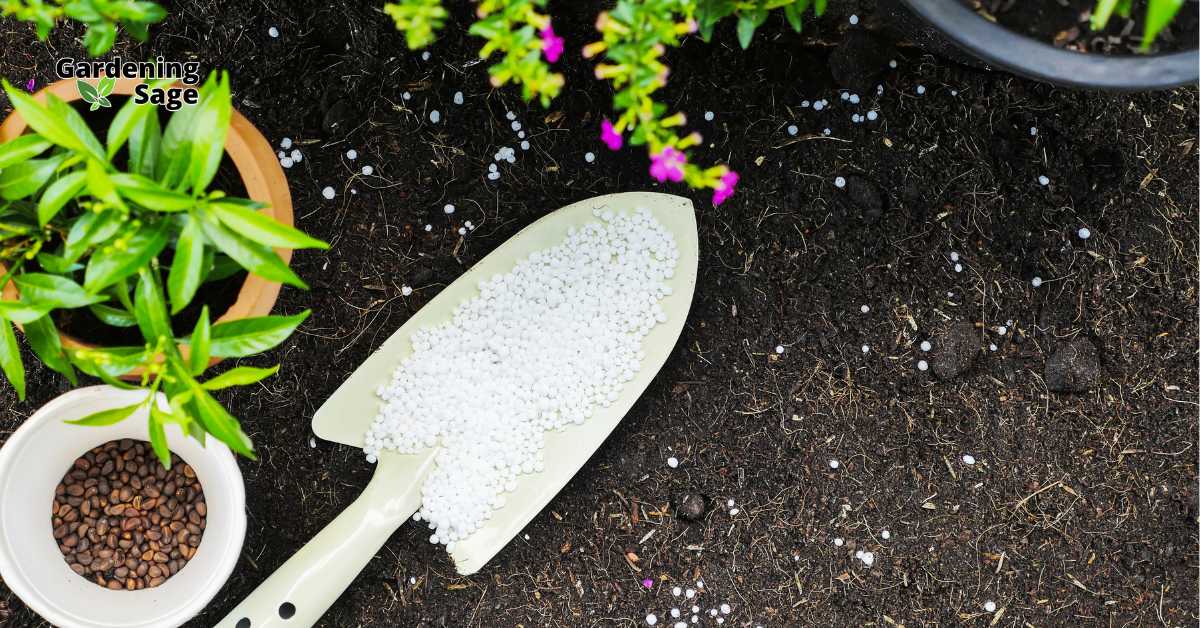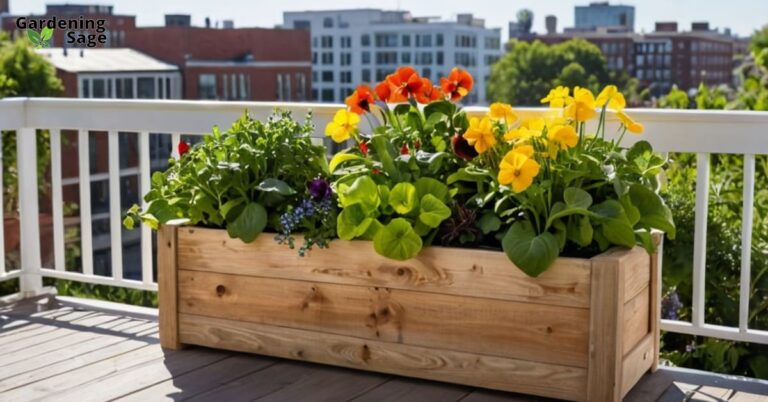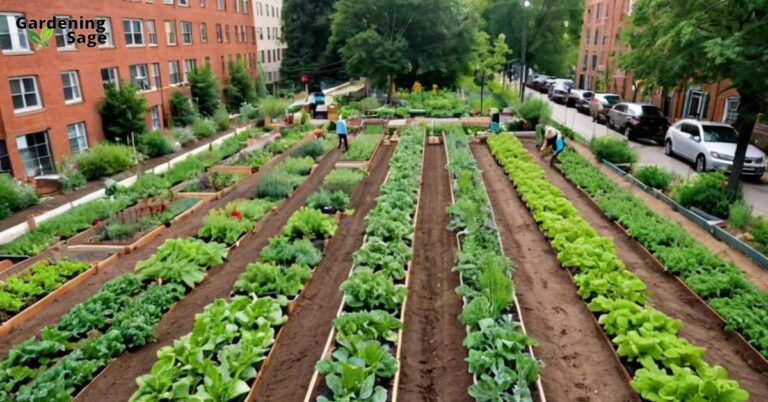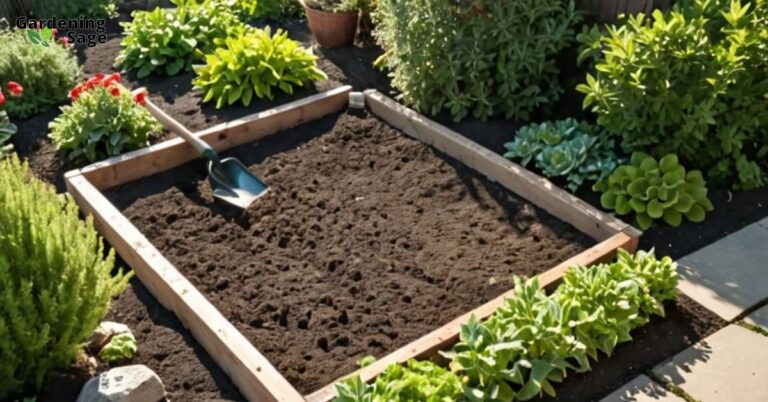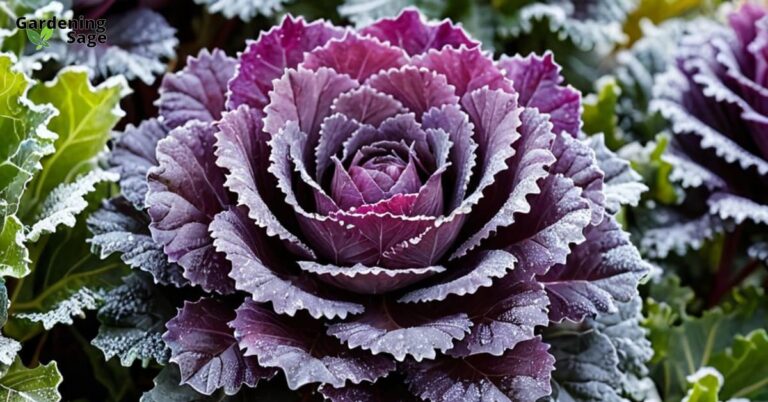In the quest for a lush, thriving garden, choosing the right fertilizer is crucial. The debate between organic and chemical fertilizers is one of the most pivotal decisions for gardeners, affecting not only plant health and yield but also environmental sustainability.
This comprehensive guide aims to dissect the pros and cons of both fertilizer types, helping you make an informed choice for your gardening needs.
What Are Fertilizers and Why Are They Important?
Fertilizers are substances added to soil or plants, primarily to supply essential nutrients that promote healthy plant growth. The right fertilizer can enhance soil fertility, boost plant health, and increase crop yields.
The choice between organic and chemical fertilizers hinges on their composition, effect on soil and plant health, environmental impact, and ease of use. Understanding their roles and impacts is the first step in making an informed decision for your garden.
Understanding Organic Fertilizers
Organic fertilizers are derived from natural sources, such as compost, animal manure, and plant residues. They release nutrients slowly, enrich the soil, and support microbial life.
Pros:
- Soil Structure Improvement: They enhance soil aeration, water retention, and overall soil health.
- Environmental Sustainability: Organic fertilizers are renewable, biodegradable, and eco-friendly.
- Reduced Chemical Exposure: They minimize the risk of toxic chemicals in your garden and the broader environment.
Cons:
- Variable Nutrient Ratios: Nutrient composition can be inconsistent, making targeted nutrient supply challenging.
- Slower Nutrient Release: They may take longer to show results compared to chemical fertilizers.
- Potential Weed Seeds: Poorly processed organic fertilizers may contain weed seeds.
Understanding Chemical Fertilizers
Chemical or synthetic fertilizers are commercially produced to contain specific proportions of nutrients.
Pros:
- Immediate Nutrient Availability: They provide quick nutrient access to plants, ideal for correcting deficiencies.
- Controlled Nutrient Composition: Precise nutrient ratios can be tailored to specific plant needs.
- Ease of Application: They are often easier to apply and more readily available than organic options.
Cons:
- Soil Health Degradation: Prolonged use can harm soil structure and microbial life.
- Environmental Risks: Overuse can lead to nutrient runoff, contributing to water pollution.
- Health Concerns: Synthetic chemicals may pose health risks to humans and wildlife.
Comparing the Impact on Soil Health and Ecosystems

The long-term health of your garden soil and the surrounding ecosystem is significantly impacted by your choice of fertilizer.
- Organic fertilizers contribute to a healthy, sustainable ecosystem by nurturing soil life and reducing chemical runoff.
- Chemical fertilizers may provide quick results but can disrupt soil biology and contribute to ecological imbalances.
Economic Considerations in Fertilizer Choice
Economic factors also play a role in choosing between organic and chemical fertilizers.
- Organic fertilizers can be cost-effective, especially if produced from household compost or local resources.
- Chemical fertilizers may initially seem cheaper and more convenient but could lead to higher costs in soil rehabilitation and environmental mitigation.
Making an Informed Decision for Your Garden
Your choice of fertilizer should align with your gardening goals, environmental ethos, and practical considerations. Whether you choose organic or chemical fertilizers, understanding their impacts is key to making a decision that benefits your garden and aligns with your values.
In the organic versus chemical fertilizer debate, both options have their merits and drawbacks. By weighing these factors carefully, you can nurture a garden that is not only bountiful and beautiful but also environmentally conscious and sustainable.

